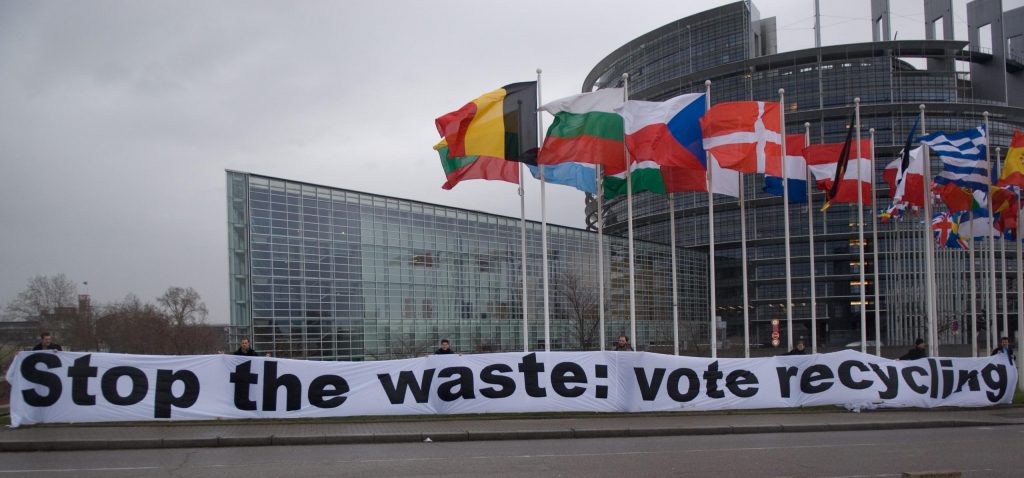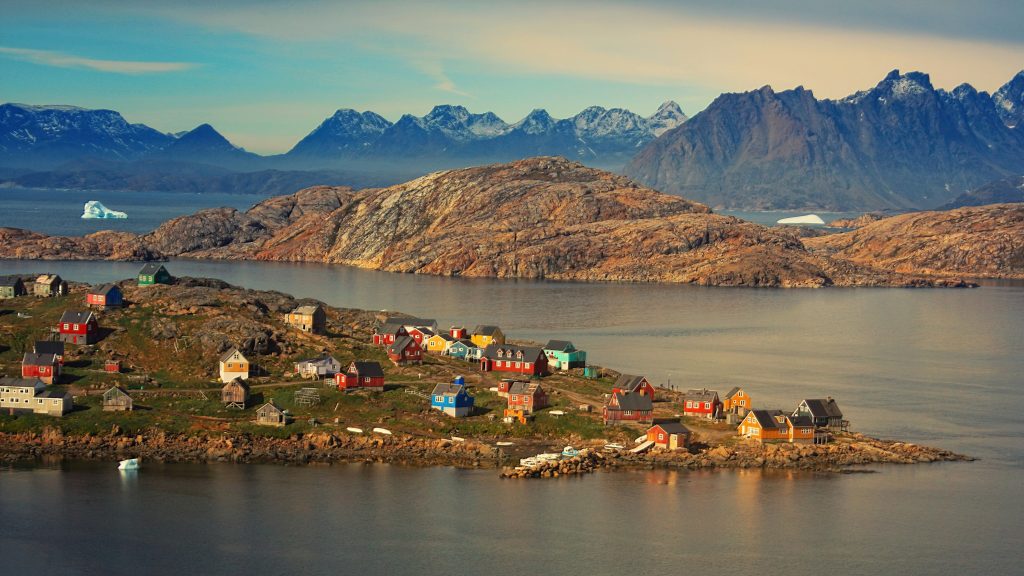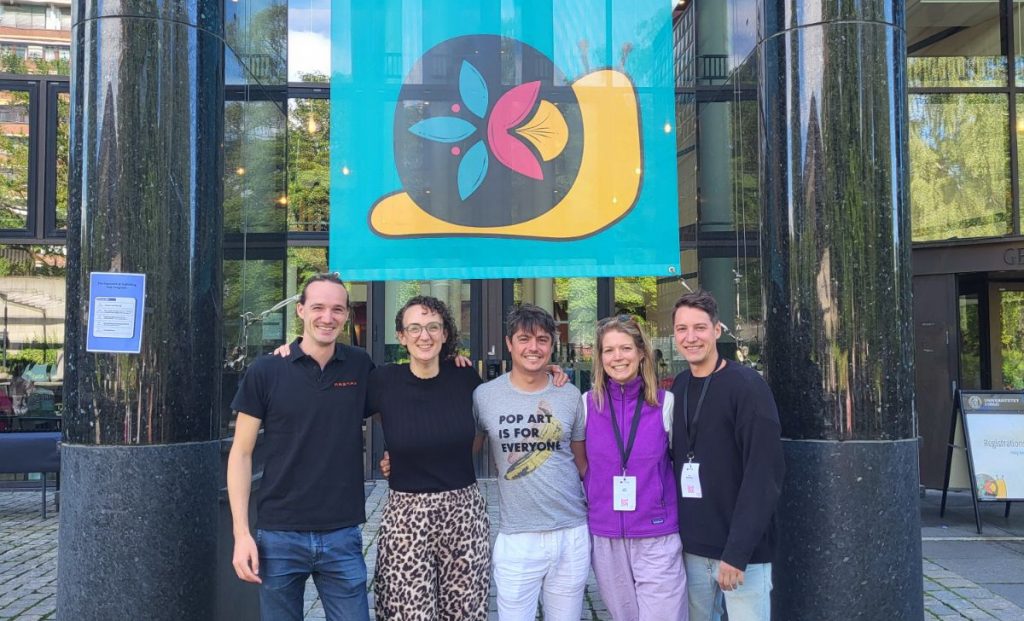‘Zero waste’ is becoming a reality in Europe according to three case studies published today by the Zero Waste Europe network, of which Friends of the Earth Europe is a member.
The successful development and implementation of ‘Zero waste’ is set to inspire further communities, towns and cities to transform our relationship with resources and adopt zero waste goals.
The cases studies focus on Capannori (Italy), Argentona (Catalonia, Spain) and Vhrnika (Slovenia). They review the stories of their successes to date, providing an analysis of the key elements that allowed such impressive transition.
These case studies show that, in contrast with the outdated idea of burning or burying our waste, preventing, reusing and recycling it create jobs and resilience, save money, and protect the environment and public health. Moreover, these Zero Waste efforts go hand-in-hand with clean production, producer responsibility, and waste minimization programs for dangerous and hard-to-recycle materials. Together, these practical, bottom-up strategies provide some of the best decentralized urban solutions for reducing climate pollution and conserving energy and natural resources.
Mariel Vilella, Zero Waste Europe’s Associate Director and Editor of the case studies said: “These innovative practitioners are showing that zero waste is a feasible strategy whose day has come. With their own local particularities, the three best practices are good examples of how strong policy decisions combined with community empowerment and participation can achieve groundbreaking results.”
Joan Marc Simon, Executive Director with Zero Waste Europe added, “At the policy level, these case studies show the feasibility of the proposals for a Circular Economy as presented by the European Commission in July 2014. Actually, the results offered by the network of zero waste municipalities prove that it is possible to aim even higher.”
Ariadna Rodrigo, resource use campaigner at Friends of the Earth Europe, said: “We live in a resource-constrained world, where waste is not an option anymore. These inspiring examples show how we can put the concept of zero waste into practice. We expect that the review of the EU’s circular economy package will make these practices the norm, rather than the exception, in Europe”
Some of the highlights of these case studies are:
– The Italian town of Capannori was the first town in Europe that committed to a Zero Waste goal. It has managed to reach 82% of separately collected municipal solid waste (MSW) and a 57% reduction between 2006 and 2011. Its Zero Waste Research Centre it’s the first of its kind and keeps the system continually committed to reduce residual waste.
– The Catalan town of Argentona, in the northeast of Barcelona, spearheads the network of Catalan Zero Waste municipalities. When the door-to-door collection system was introduced in 2004, Argentona more than doubled its recycling rates and became a reference in Catalonia for separate collection and pay-as-you-throw.
– Vhrnika in Slovenia, even lacking the tradition of recycling boasted by many Western European nations, has leapfrogged the recycling rates of many better-established programmes around Europe, reaching 76.17% separate collection of municipal solid waste (MSW) and aiming to reach 82% in the next 5 years.







